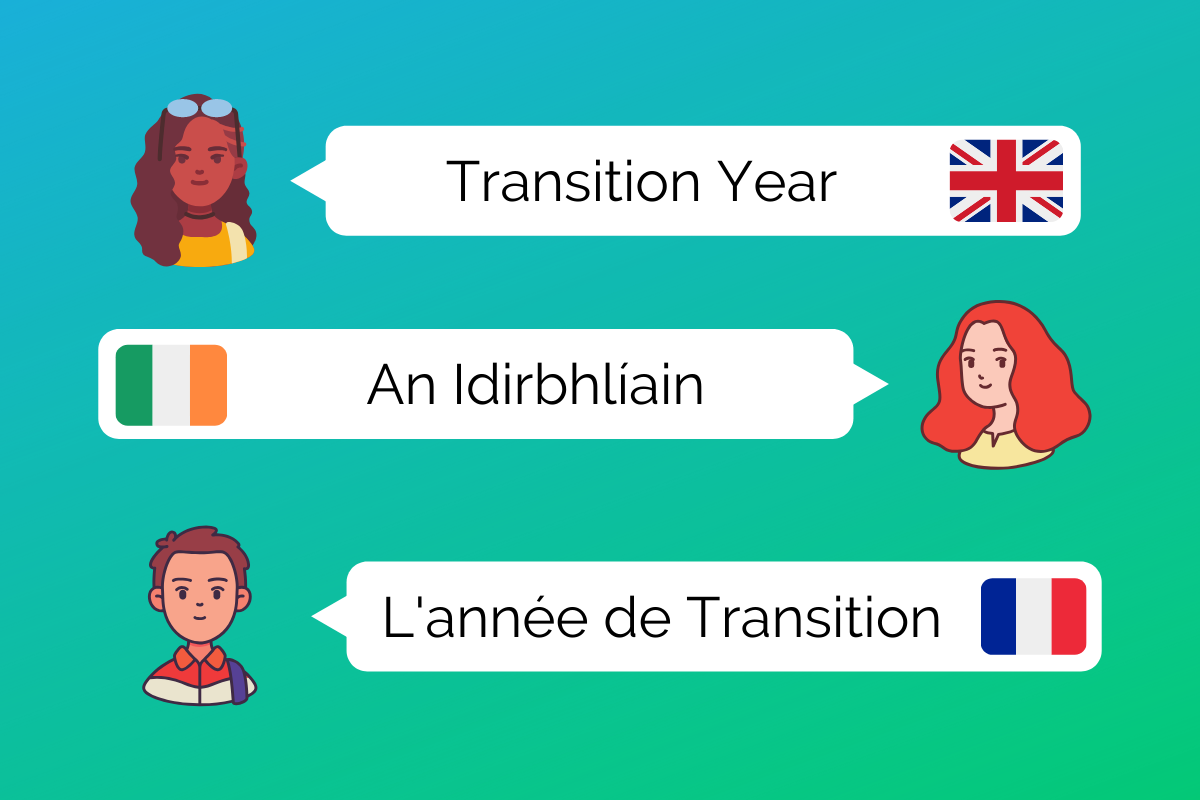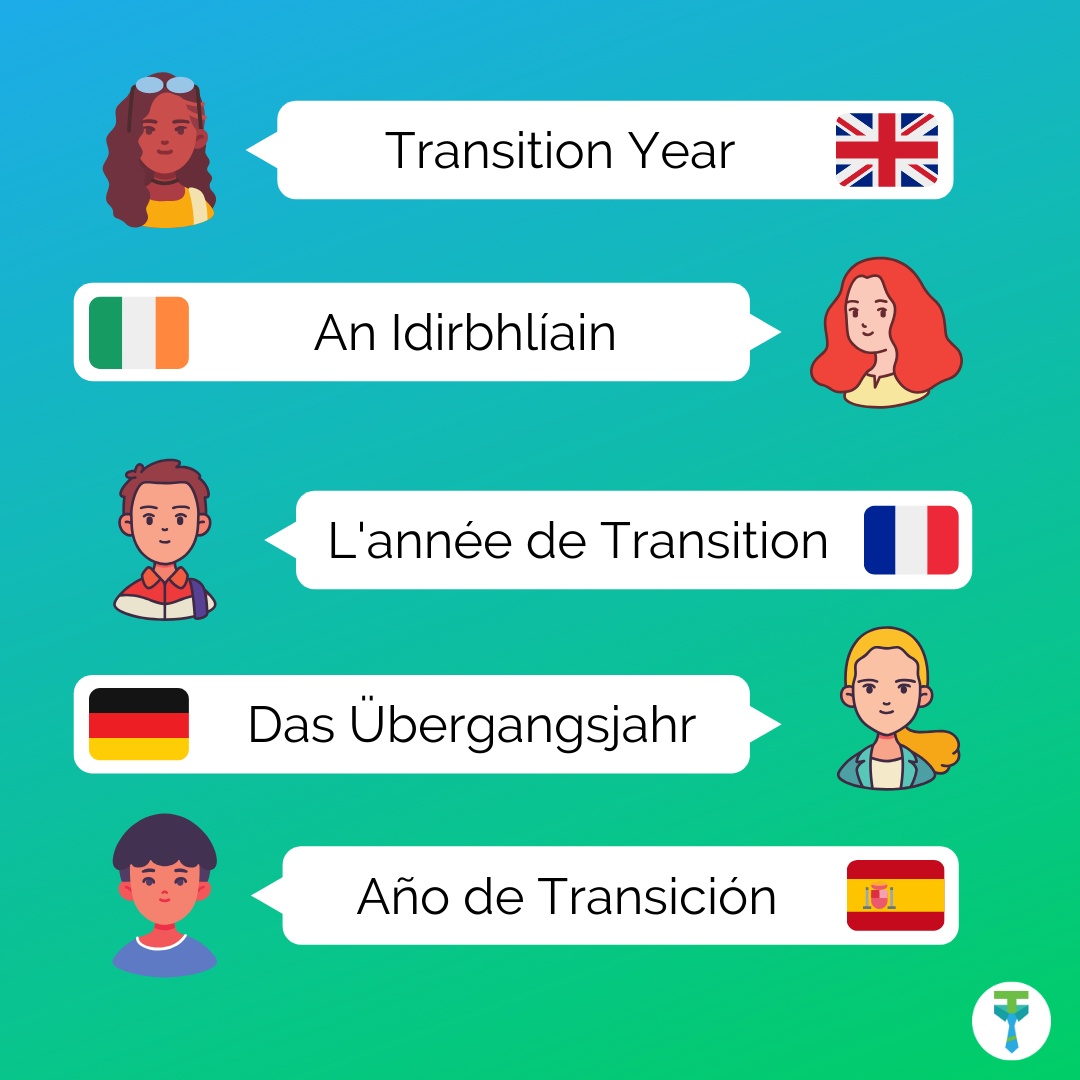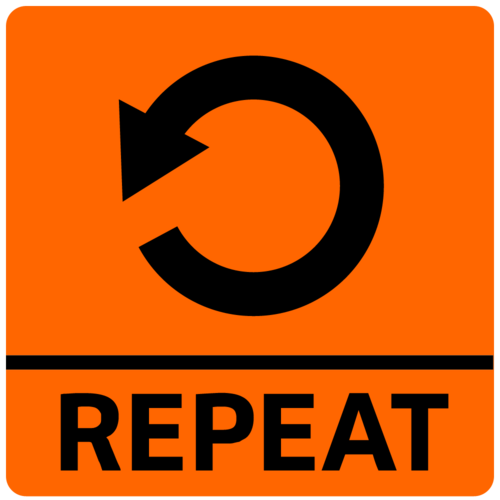Tips for Learning a New Language

“One language sets you in a corridor for life. Two languages opens every door along the way.” -Frank Smith
Today we find ourselves living in a world full of opportunity. With constant change, newer technologies, options of studying and working abroad, it is up to us to take a step towards life-changing career prospects and a brighter future. One of the keys to achieving this is learning a second or another new language.
Being bilingual or multilingual is a great advantage to have and it is a beneficial skill that can be used in many different contexts such as when travelling and working abroad. Many courses in 3rd level colleges in Ireland also require a third language.

Image: World map with different languages
Benefits:
Not only can such a prosperous skill help you in your future career but it also has other numerous benefits:
- It is scientifically proven that being able to speak another language greatly improves your attention span, memory, creativity and critical thinking skills.
- The opportunity to travel to a variety of countries, speak the language and to immerse yourself in the native culture and experience their heritage, food and art.
- The chance to meet new people from all around the world, make new relationships and to learn to respect others from different cultures.
It is never too late to start and pick up something new; whether it is a new sport or in this case a new language. Transition year offers students plenty of time to explore new skills, with many deciding to pick up a language as a new skill for the Gaisce Award. With 5th year just around the corner, you may also find yourself worrying about all the Irish, French, Spanish or German you may have forgotten during the year. Whether you wish to start learning a new language or to improve on one that you are already learning, don’t worry, I’ve got you covered with my language learning tips!

Image: “Transition Year” in different languages
#1 VOCABULARY IS KEY
Vocabulary is crucial when learning a new language. All of us that have kept on a foreign language for the Junior Cert will understand the struggle of learning reams and reams of new vocabulary every night. Well, it turned out to be useful in the long run hasn’t it? The importance of learning vocabulary when learning a new language cannot be stressed!
Start by learning the most common words and phrases of the language and basics such as numbers and time before moving onto more difficult concepts such as describing your house, hobbies, family etc.
It is handy to get a vocab notebook or journal to keep all of your vocabulary in the same copy. That way you will be able to keep it all together in the one place and words will be easier to find and look over. Aim for at least 5 new words every single day.

Photo by Brittany Neale on Unsplash
#2 USE ONLINE APPS AVAILABLE TO YOU
Apps such as Duolingo, Memrise, Quizlet and Babbel etc. are great when it comes to language learning. Not only do you get to learn new words and their spellings but you also get to hear their pronunciation which is crucial for your listening and speaking. You get to start from the very basics and later advance to more complex words, verbs and phrases. Learning languages has never been easier. There are just so many useful apps and supports out there- so why not give them a try?

Duolingo: Image-Mobile App Daily
#3 WATCH MOVIES IN THE LANGUAGE YOU ARE LEARNING WITH ENGLISH SUBTITLES
This is an extremely beneficial and fun way of improving both your spoken language and listening skills. Listening to native speakers on TV or in movies is so much better than from textbook audio. It allows you to hear the way in which natives speak and over time your pronunciation will become more natural. Now that COVID-19 left us with remote learning and trying to understand things on our own, why not watch some of these movies on Youtube or Netflix for a change?

Image: Frozen
Remember if you are aiming to improve your listening skills for exams such as the Junior or Leaving Cert then listening to past aural exams is crucial in order to familiarise yourself with the layout and to get a sense of the types of questions that will be asked. Knowing vocabulary from across a range of various topics is also key.
#4 REPEAT, REPEAT AND REPEAT!
Our brains can only retain a certain amount of information at any given time.
Research shows that within 1 hour, people will have forgotten an average of 50% of new information they were presented with, 70% lost within the next 24 hrs and an average of 90% lost within the week.

Image: Sign with word repeat
Hence, repetition is the best way of keeping everything you have learned in your long term memory. You can go over vocabulary learned before bed, in the morning or you can quiz yourself every few days a week. See what works best for you as all of us are unique and have different ways of learning and understanding.
Many of us are stuck at home during this time, uncertain of what to do and how to spend our time. Why not dedicate a few minutes of your day to improve or learn a new language? As little as five minutes a day can make a colossal big difference and at the same time, open up so much opportunity for you!
